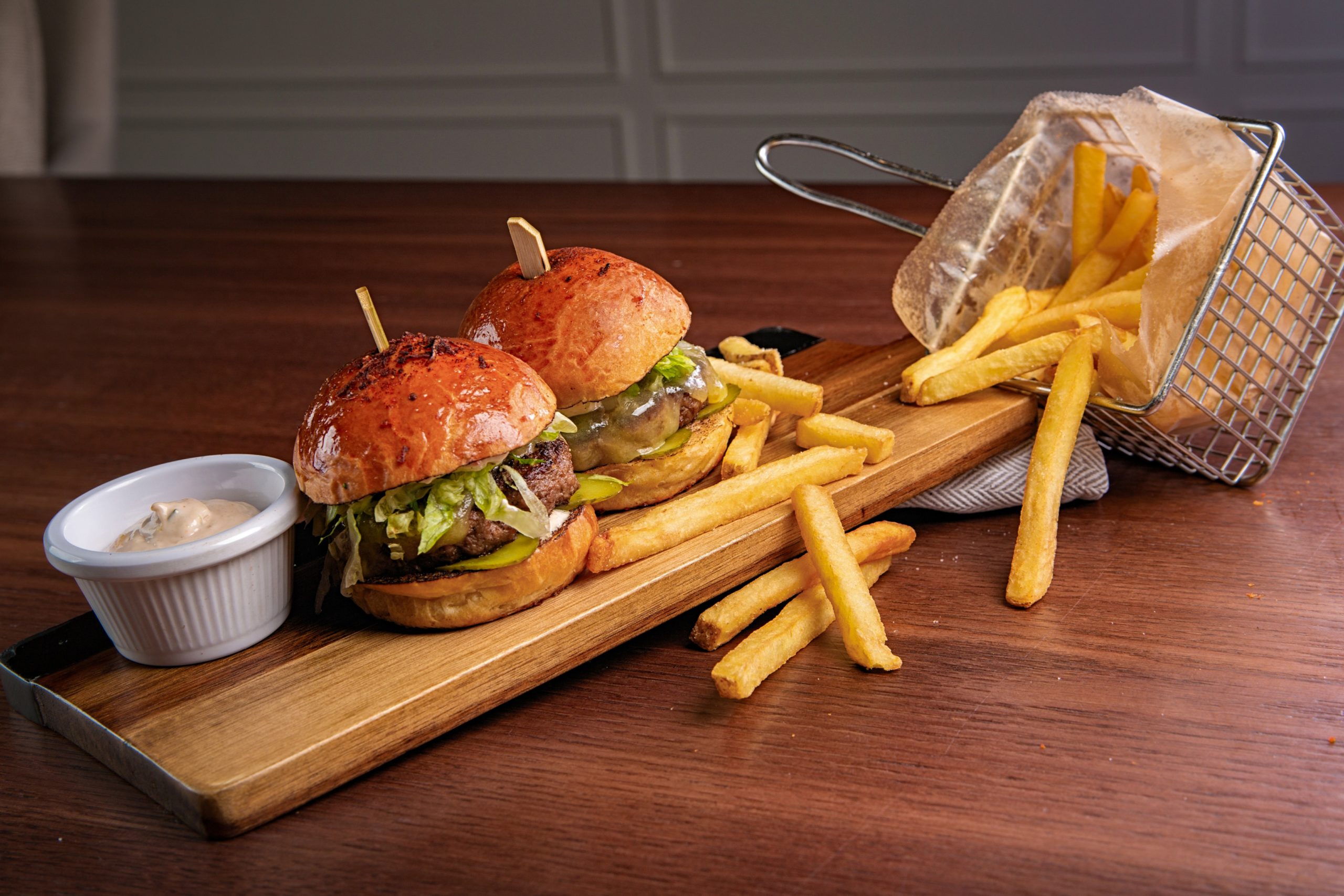
Photo Credit: pexels
The crackdown on social media influencers continues. Nearly every government watchdog agency, it seems, is now on the lookout for nefarious dealings involving social media influencers. The FTC, for example, just sent out a warning to food and nutrition influencers, warning them that they would need to become more transparent in their relationships with brands and other sponsors, or face serious financial penalties.
What’s allowed and what’s not allowed
Just to be clear – the FTC is not saying that food and nutrition influencers can’t work with brands or major corporations. And the FTC is not saying that influencers can’t promote certain foods or ingredients on their Instagram or TikTok accounts. However, the FTC is making clear that they will need to disclose the nature of the relationship within the post itself, as well as the amount of money they were being paid for the promotional post.
In many ways, this approach echoes the case last year involving social media influencer Kim Kardashian and the SEC. The SEC fined her $1.26 million for promotional posts involving a speculative cryptocurrency. While Kardashian made efforts to use hashtags to show that this was a promotional post, she did not disclose who paid her for the post, or how much. And that’s what the SEC took issue with, not the fact that she was dabbling in cryptocurrencies all of a sudden.
Sugar as the first test case?
When it comes to food and nutrition influencers, the first test case of the FTC’s expanded powers will involve an artificial sweetener (aspartame) and sugary foods. According to the FTC, two industry trade organizations – the American Beverage Association and the Canadian Sugar Institute – were possibly violating federal law by paying food influencers to promote their products.
Basically, they were reaching out to influencers to post photos and videos involving sugar and sugar substitutes, while not disclosing who was paying them for the post. After all, it’s awfully suspect if a food influencer posts a beautiful photo of holiday cookies made with aspartame, without also disclosing the fact that they were paid tens of thousands of dollars to do that.
The new rules of engagement for influencers
Thankfully, the FTC has provided some guidance on how to move forward. Food bloggers, they say, must be fully transparent in all of their disclosures. They must mention any “material connection” or relationship within the post itself. And they must disclose if they were paid for the post, as well as the amount of the payment.
It’s all part of “fine-tuning,” but not ending, the delicate dance that influencers must carry out on a daily basis. Failure to do so, says the FTC, could result in a penalty of as much as $50,000 per violation. Thus, if a food blogger or nutrition influencer has made a series of posts over the course of a week, they could be facing penalties close to half–a-million dollars. Yikes!
So, the next time that you see a post involving anything sugary – from diet drinks and breakfast cereals to cakes and cookies – take a closer look at the post. Are these food influencers posting this because they happen to have a sweet tooth, or are they just doing it for the money?